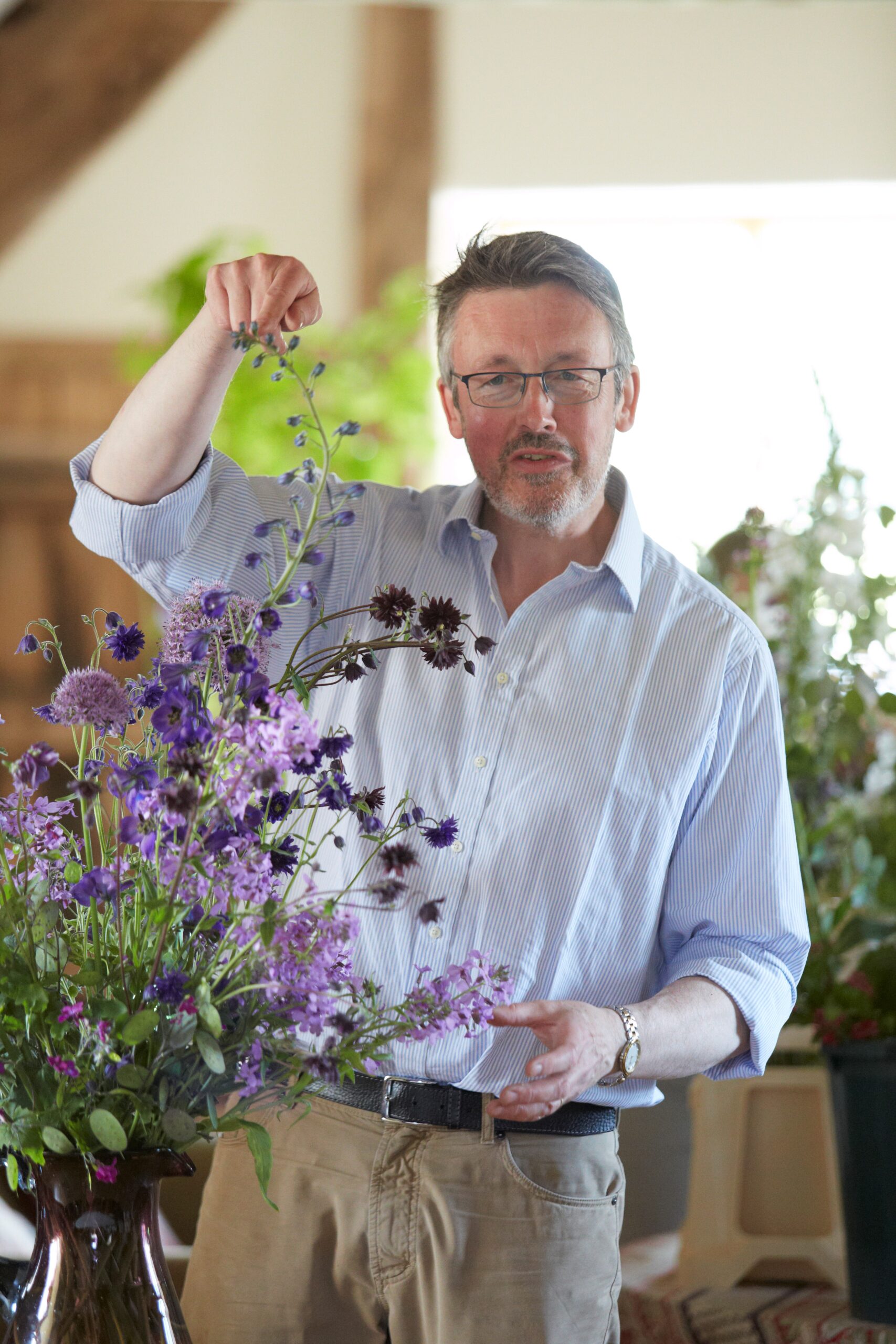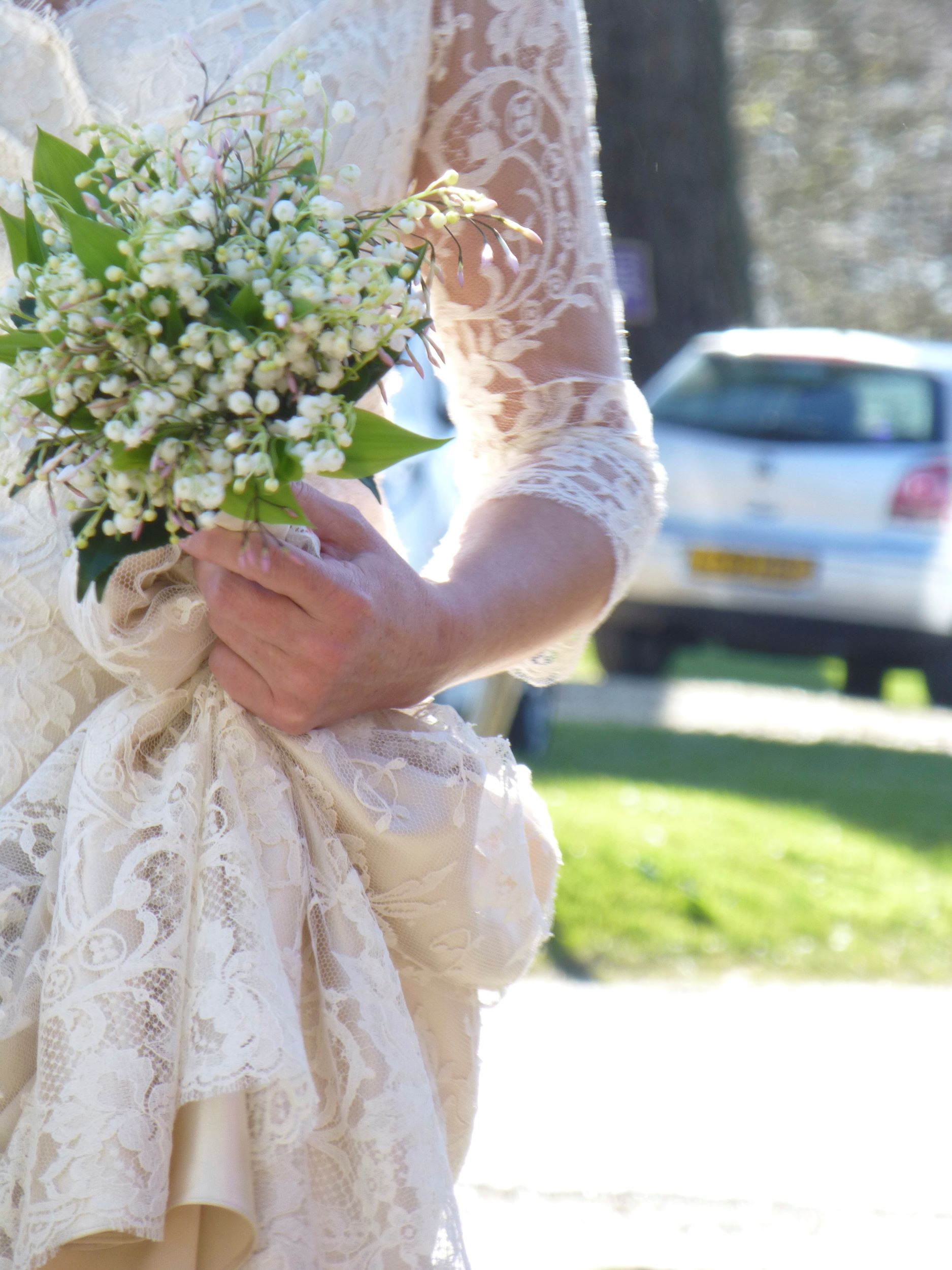Shane Connolly, UK.
Shane Connolly is one of the UK’s best-loved florists. In addition to an extensive career in event floristry, Shane has authored multiple books and currently sits on the Cut Flower Advisory Committee of the Royal Horticultural Society. Shane has played a critical role in the #nofloralfoam movement in the UK and is passionate about promoting local, seasonal flowers in floral design.
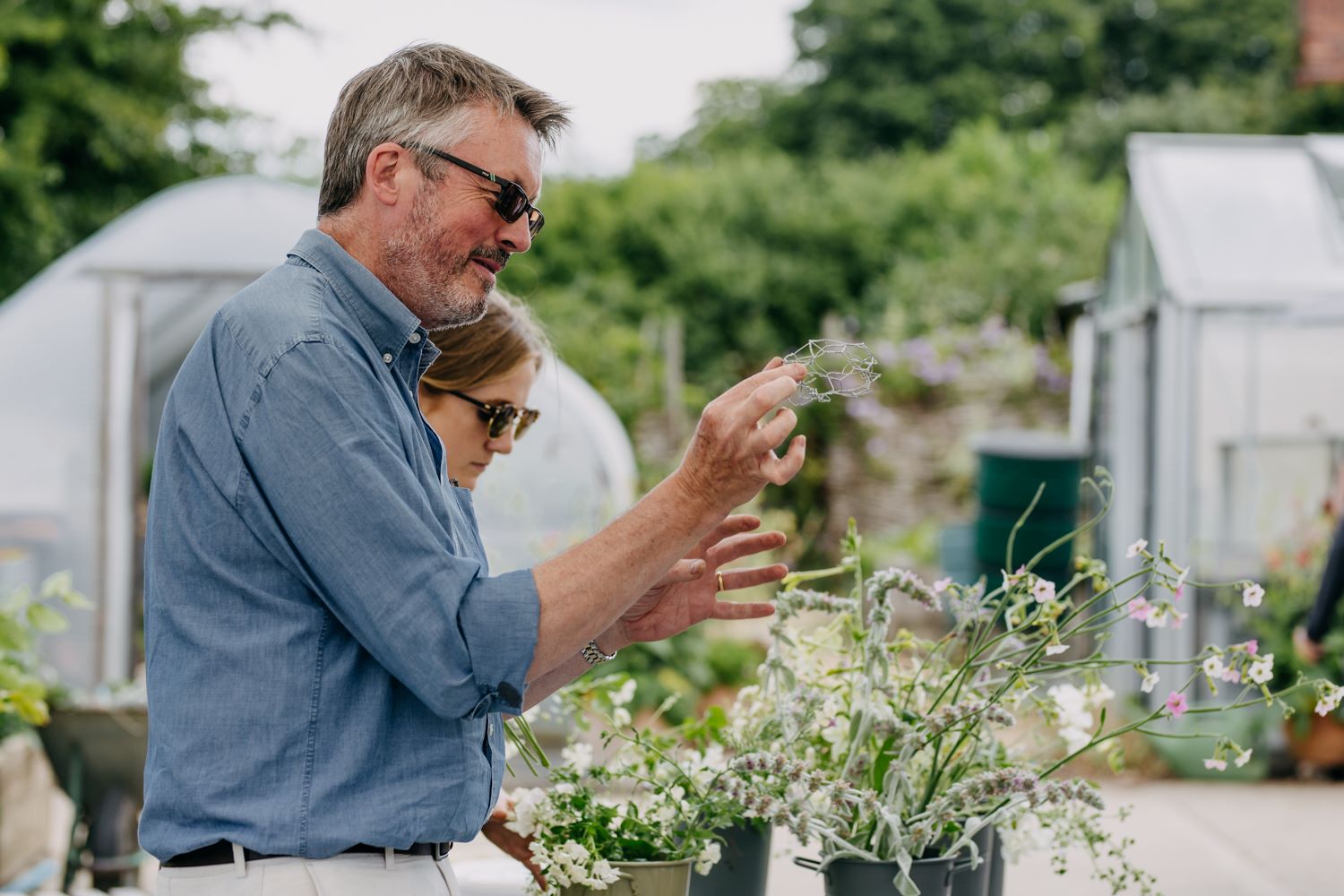
Shane Connolly
How did it start for you?
I always say that gardens were the attraction. I loved gardens and gardening from an early age and actually didn’t know that event floristry existed. I thought flowers were only about flower shops.
Then, through gardening, I met two great floral decorators, Michael Goulding and Elizabeth Barker. They told me what they did for a living and I was immediately attracted. I helped them by being the general dogsbody, to see what they were talking about, and was immediately hooked.
It seemed like I could use my love of growing things in this artistic, creative way and be an artist in spite of not being a very good drawer!
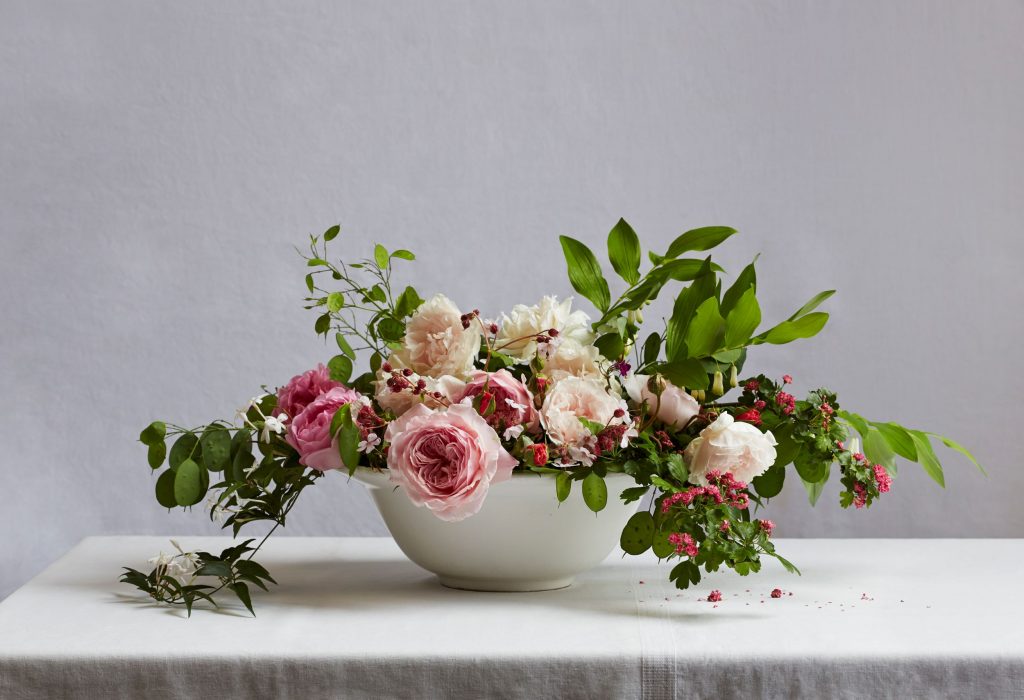
What are you currently up to?
Covid has devastated the industry here in the UK, as it has all over the world. Our business depends upon large gatherings for parties and weddings and there have been none allowed since March 2020! Luckily we have some private clients, whose houses we arrange flowers and plants in weekly.
And they wanted us to continue over the various lockdowns.
But it has been a huge loss in every way.
We are now hoping that things pick up again, as the UK opens up.
What part of the job brings you the most satisfaction/joy/inspiration?
I think it is the seasonality that inspires me most … seeing the first of each thing, each year. I cannot understand how any floral designer could work without seasonality, irrespective of any environmental/seasonal thoughts.
I feel I can tell a story with the seasonal flowers I use. And make something beautiful that also has a message: “look at what nature is up to at the moment and cherish it”.
That’s why I don’t give up!
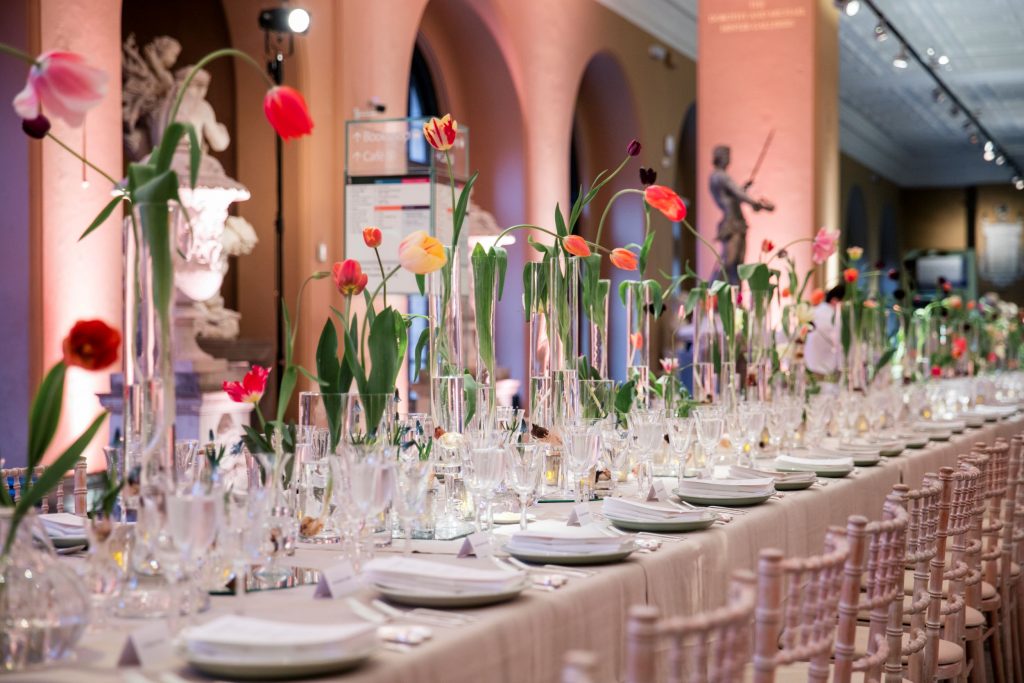
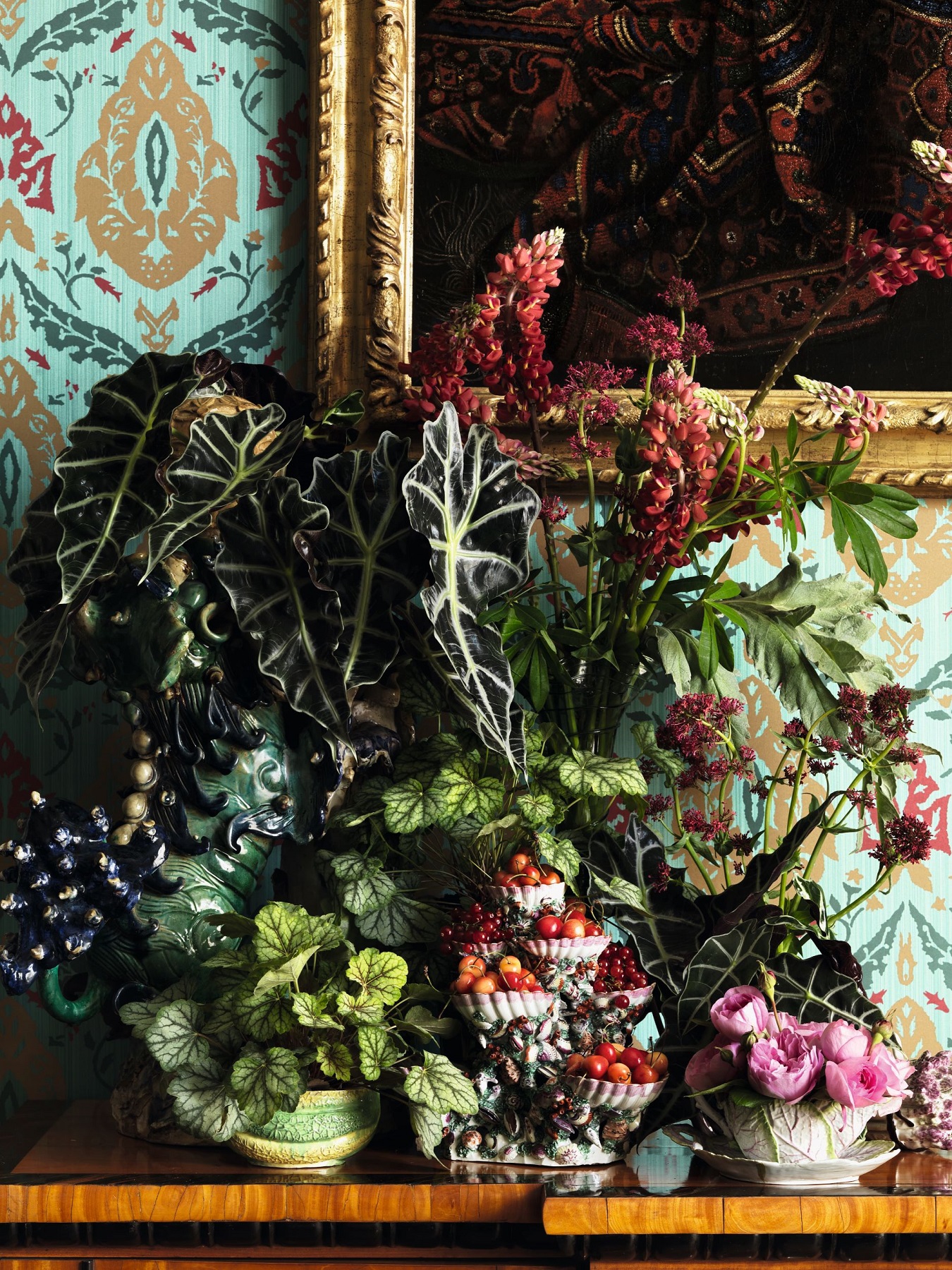
Image Jason Lowe

Image Jason Lowe
Your greatest strength?
Gosh that’s hard! I suppose enthusiasm in the planning stage and appearing to remain calm in a crisis. Even if I’m not calm at all. That and being brought up to be polite.
Biggest career highlights to date?
I suppose it would have to be the honour of designing the flowers for the weddings of TRH The Prince of Wales and The Duchess of Cornwall, and TRH The Duke and Duchess of Cambridge.
Their own devotion to nature and sustainable practice made it all a match made in heaven.
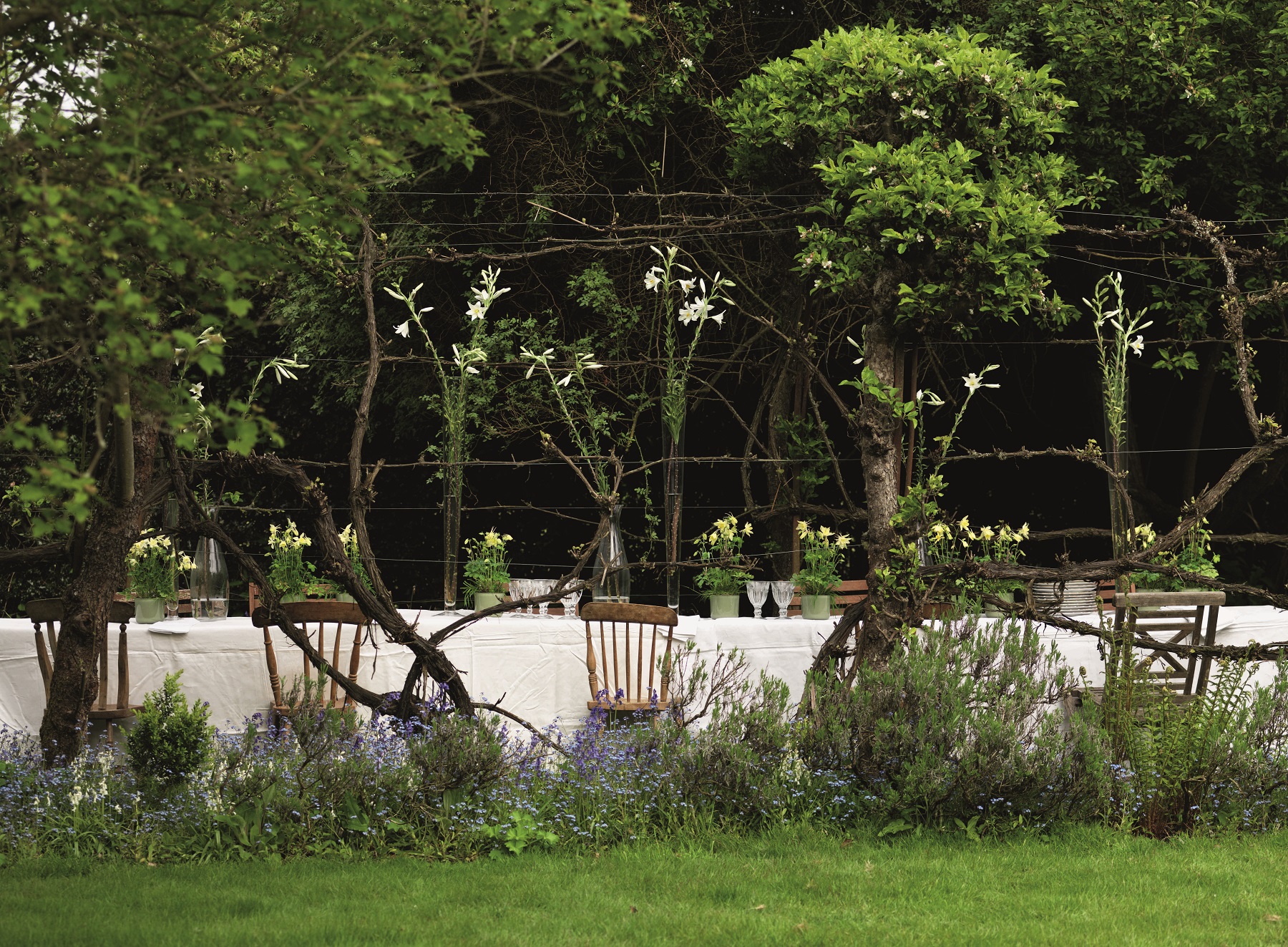
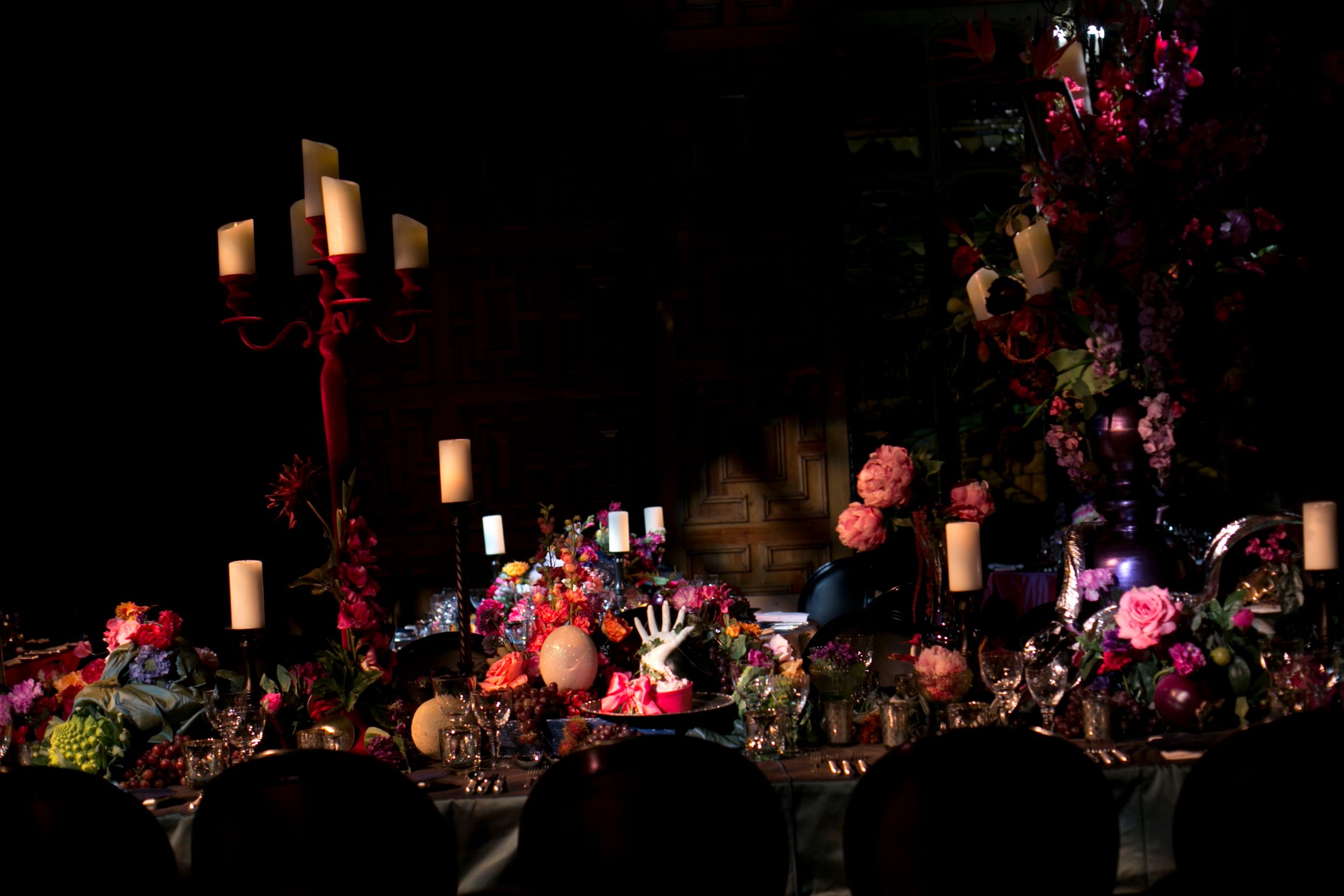
Social media has had a huge impact on floristry – your thoughts?
Many positives and many negatives too. I suppose the worst thing is that we all see each other’s work nowadays, via social media. When I started off, the only way one saw anyone else’s designs was if they brought out a book, or invited one to work for them!
This has brought many problems: a sort of ubiquity of design is the first thing, where people copy others, and clients see too much that they want copied.
The second thing is that florists feel judged and want to impress by fitting in, rather than developing their own unique style. This is very sad.
The positive I suppose is that it has created more of a sense of community within the industry, and florists at the start of their journey can ‘speak’ with people who are ahead of them, and get advice and encouragement.
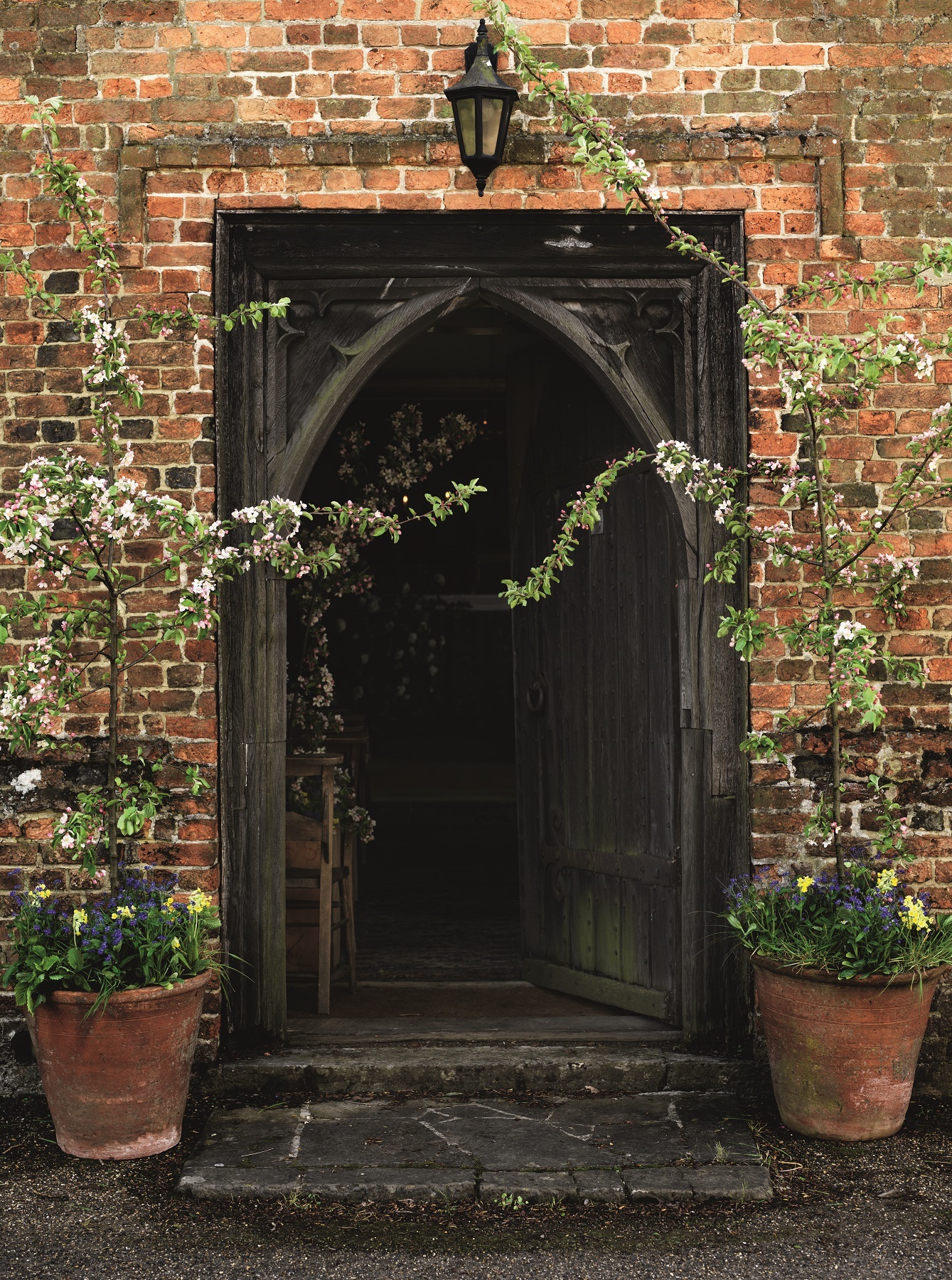
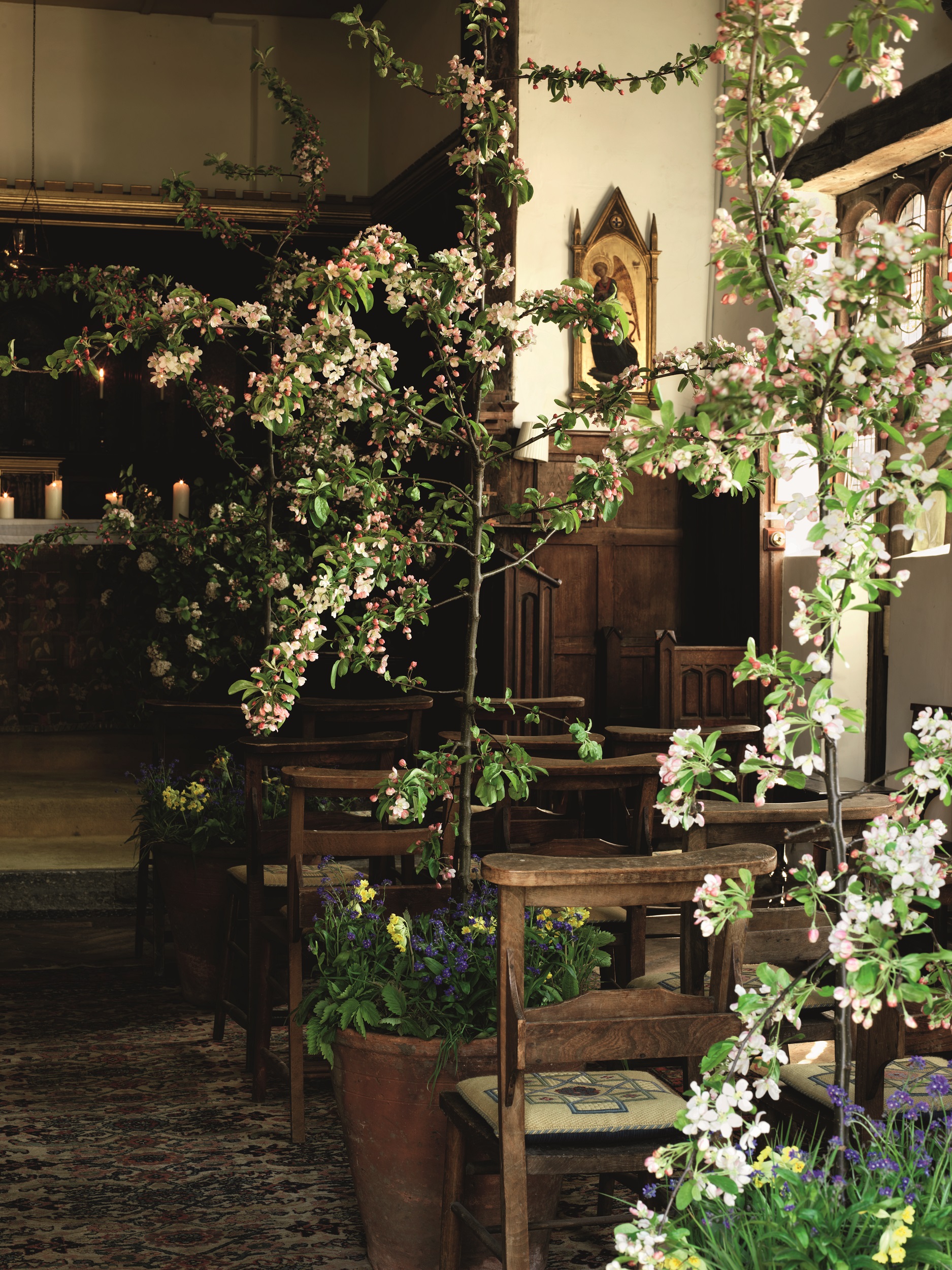
What are the biggest misconceptions about being a florist?
People think it is glamorous and it is NOT. I think the hours are my biggest struggle – not being a natural early bird, and a very happy night owl, means I’m great at late install situations but always pushing myself for early mornings at the flower market.
I also think that some people think it will make them as important and prestigious as their clients. This is the worst mistake. I watch the cult of ‘celebrity florist’ with horror and distress … it is the WRONG reason to get into this industry, and means that so many aim for the fame, rather than learning the process and perfecting the skills and art. It also means that fame overrides any decisions about sustainability; they’ll basically sell their soul, and natures too, for the right Instagram shot.
What do you respect in other florists? What do you look for in employees when hiring?
Integrity and humility.
Not easy to find, but when the ego is in charge, the results suffer.
I also hate it when florists profess to love nature and then use completely unsustainable methods in their work. It simply doesn’t add up.
I look for people who have a connection with nature, who garden and who love the countryside.
Far better in my 30 years of experience than people who’ve only been to flower college.
You need to have soil under your nails and a fearless approach to your work.
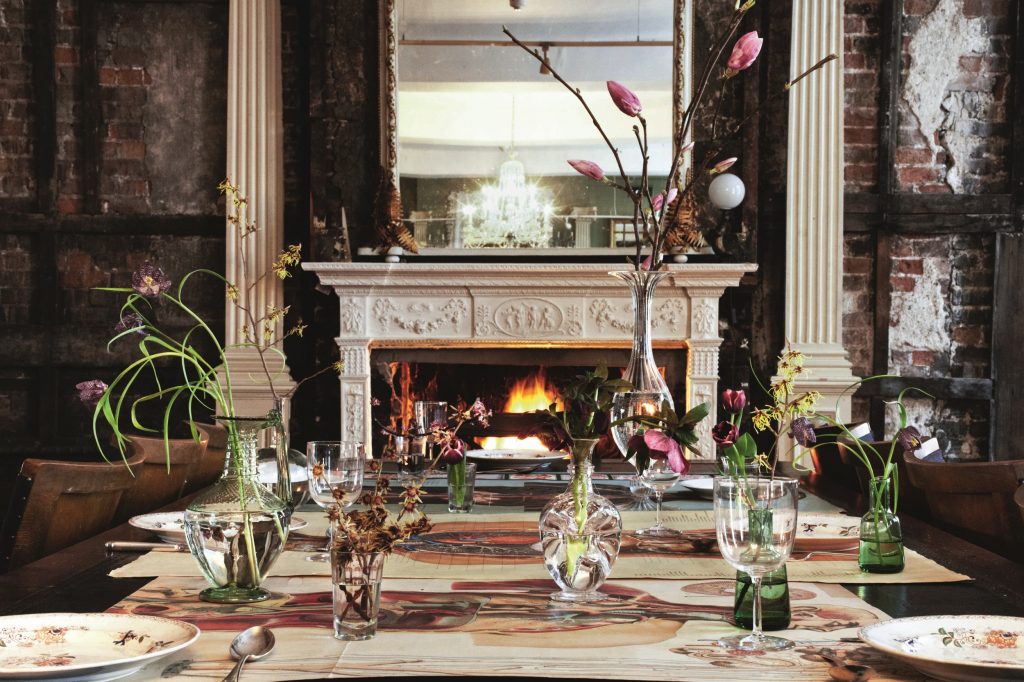
The word ‘sustainability’ in floristry is getting a good run – what does sustainability mean to you in relation to your business practice?
That is a good comment. Sometimes I feel like florists think ‘sustainability’ is a style of arranging, or the Pantone colour of the year! To me it is all about being more thoughtful. We cannot be 100% sustainable, unless we cut from our own garden for our own house only. And even then there are probably issues!
So I say to be more thoughtful in every decision. This means to think seasonally; to think of symbolism or meanings if that helps you respect the flowers; to think of how the flowers grow and observe them growing; and to arrange with them in a sustainable way. This is the easier bit for many, but they don’t realise it. It is so easy to stop using floral foam and make more creative methods for yourself.
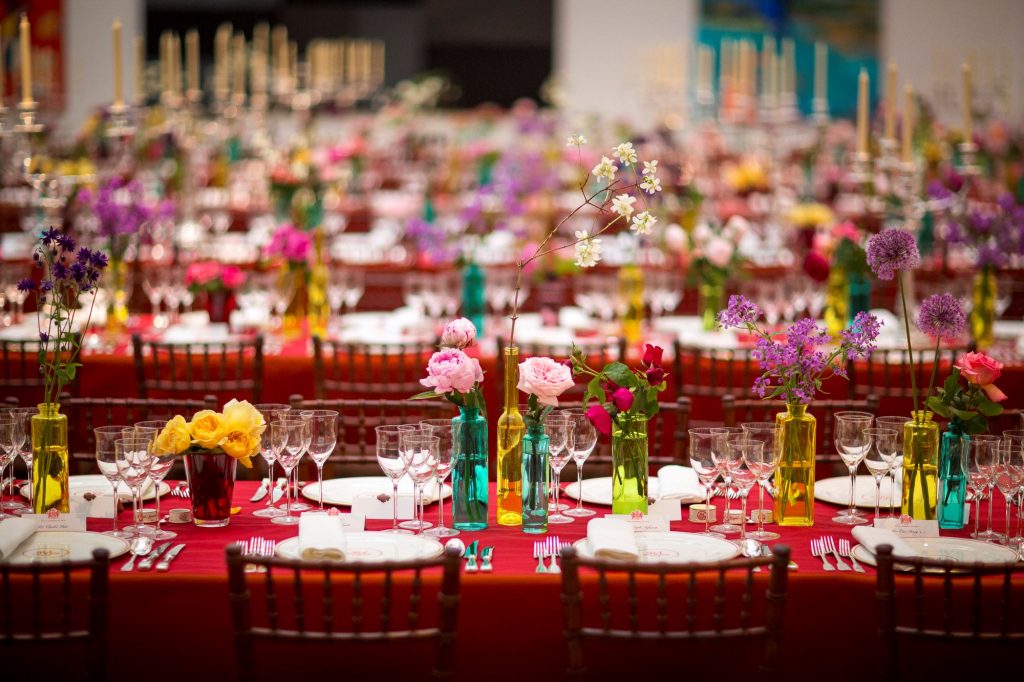
What is in your tool box?
-
A good pair of scissors
-
A reliable van
-
A great selection of containers which make sustainable designs easier
-
GOOD GROWERS AND SUPPLIERS
-
A great team
I am aware that these things aren’t necessarily ‘tools’ but they make my business work and everything else is a bonus.
What concerns you most about the direction floristry is heading in?
It’s detachment from nature and from growing things. So many florists don’t even know the names of the ingredients they are using, or how they grow in nature.
This makes designs all about colour and texture, rather than a respect for the individual characteristics of the flowers. I always say that we need to be more like good cooks, who train to know how to cook each type of vegetable or meat, before they begin to mix them and invent new dishes and flavours. Constance Spry wanted florists to be gardeners too, and I am 100% behind that idea.
What attitudes do you think need to change – for both florists and consumers?
It is definitely about education, not only of the florist, but of the consumer.
Clients don’t know the facts and the issues. We try hard to tell them WHY we are suggesting the things we are suggesting, and find they embrace it 99% of the time. But the information about unseasonal, imported flowers (their air-miles and their chemical content) is both hard to find and hard to discuss at a jolly design meeting for a wedding for example.
It is much easier to say that we prefer to be sustainable in every possible way and so we recommend a particular approach/design/scheme. And to have clients who trust you and come to you for your sustainable practice in the first place.
There are too many designers who do not put this high enough in their list of priorities. This has an effect on the rest of us, as the client, or the event planner, can feel we are being less co-operative and helpful. So we need to move this to a higher level on every florist’s agenda – and to support them in funding and finding ways to make sustainable floristry achievable.
And I would also mention the iniquity of greenwashing, where floral designers say something is sustainable when it clearly is not. Just because they know it’s something they should say. This brings me back to the importance of integrity. The planet deserves it.
